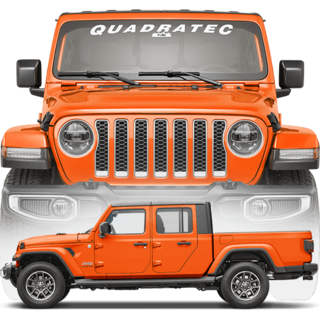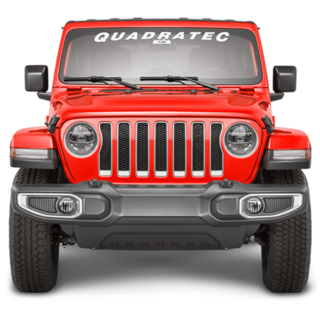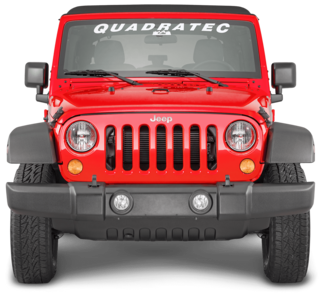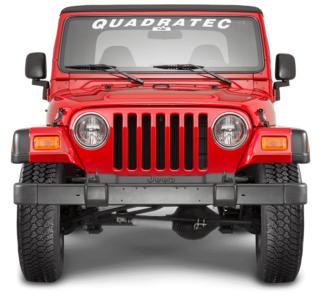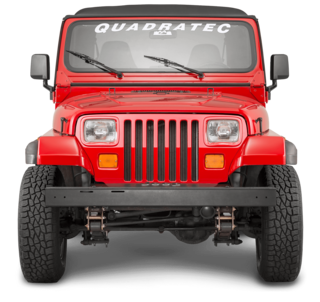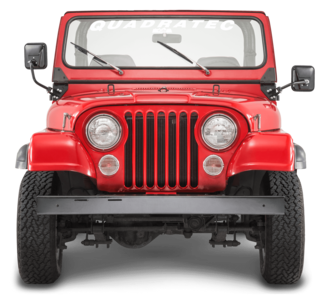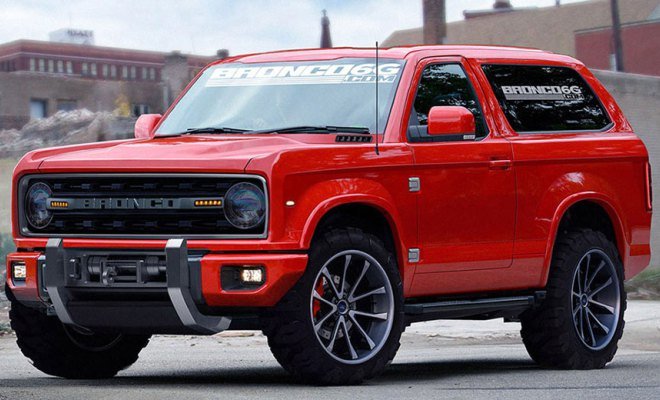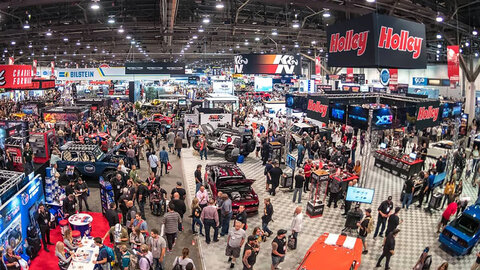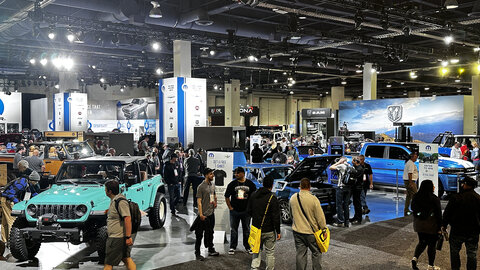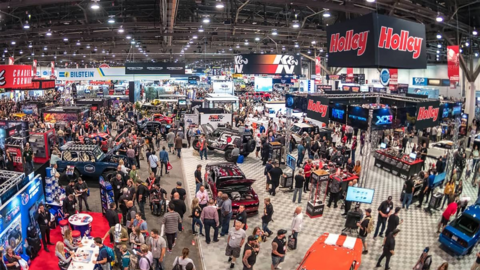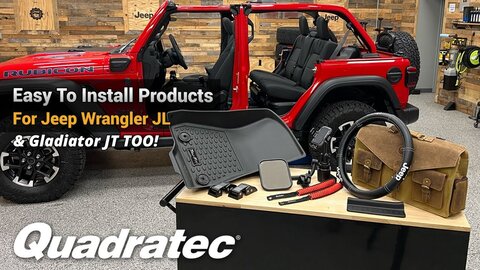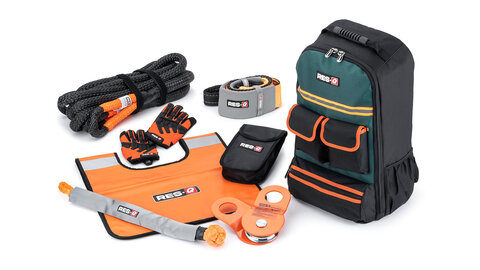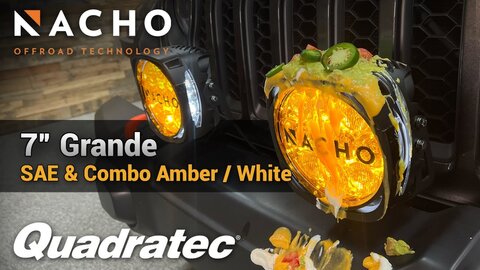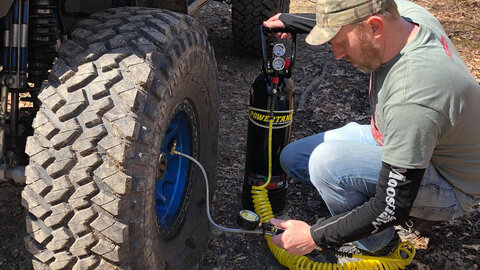Enthusiasts of the iconic Jeep Wrangler often joke it should really be called ‘Just Empty Every Pocket', in deference to those spending vast amounts of money modifying their vehicles. Well, as Ford’s new Bronco comes more and more into focus, it looks like Jeep engineers will soon have to work up their own slogan as well.
Just Employ Every Possibility.
Why? Because that new Bronco is itching to take the off road fight right to Jeep and make life anything but easy for the brand.
Dana Holding Corporation, the company which has made Wrangler solid axles for years, announced recently during an investor presentation that it has been chosen as the driveline supplier for the ‘reimagined’ 2020 Bronco, according to a report from Automotive News.
During that presentation, Dana reportedly indicated both the 2020 Bronco and 2019 Ranger Pickup will have solid ‘front and rear axles featuring (the) latest AdvanTEK gear technology.’
Dana is still supplying axles for the next-generation 2018 Wrangler JL, and 2019 Wrangler JT Pickup, out of its Toledo, Ohio plant, but the availability of another solid axle vehicle is sure to put pressure on Jeep to adapt in order to retain its off-road market dominance.
Things like better quality control, upgraded infotainment systems, faster implementation of equipment such as diesel engines (should Jeep parent Fiat Chrysler resolve its dispute with US regulators) or electrification – even hybrid technology – could all be ‘front burner’ projects now for Jeep thanks to Ford’s challenge.
For Bronco, which originally was designed decades ago as a direct competitor to the Jeep CJ, a move back into solid axles was never a sure thing. Just about every new-to-market Sport Utility Vehicle these days employs the more comfortable independent front suspension (IFS) in order to satisfy tastes of a wider variety of customers.
Still, solid axles have their place and are simply just as the name implies - a solid connection between two wheels - as opposed to an IFS set up where the wheels have more independence from one another. IFS usually allows for a smoother overall ride, but solid axles do offer better articulation in a high-load environment, which fits the coveted off-road crowd.
Of course, solid axles do have drawbacks. They are significantly less comfortable on pavement, as what happens to one wheel (such as hitting a pothole) will have an immediate impact on the other. Cornering ability can be degraded, too, thanks to a lack of camber angle under body roll. However, neither of these two vehicles will be designed to win any ‘driveability’ awards.
Instead, as each product comes into the marketplace, their expected off road abilities are what consumers will have to judge.

